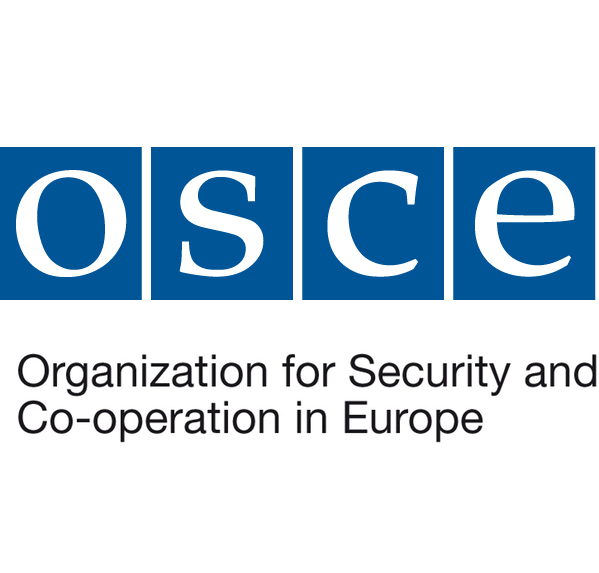
The Catalan pro-independence civil society organisation has denounced Spain’s abuses of freedom of speech, persistent police violence and an abusive number of fines, mixed with misinformation, a lack of transparency and arbitrary social media monitoring.
Assemblea (Catalan National Assembly) attended the OSCE Supplementary Human Dimension Meeting on human rights that took place on the 22nd and on the 23rd of June. Assemblea’s representative, former National Secretariat member Jordi Vilanova, intervened in two sessions of the conference on matters closely related to the Catalan pro-independence movement.
Mr Vilanova denounced the fact the Law —tellingly known as the gag law—is being maintained has a massive impact on the right to freedom of expression. Also, the fact that the violent crack down by Spanish authorities of Catalonia’s 2017 self-determination referendum, alongside the suspension and dissolution of the Catalan parliament and the long prison sentences for Catalan leaders announced in 2019 have seriously damaged political participation and representation in Catalonia, as well as the right to peaceful assembly.
The Assemblea representative also reminded the attendees of the October 14th Spanish Supreme Court prison sentences for nine Catalan civic and political leaders, with terms going from 13 years’ jail for the former vice president of the Catalan government to 9 years for civil society leaders—the former president of the Catalan National Assembly, and the president of Òmnium Cultural. The massive civic protests that followed the sentences after October 14th were met with unprecedented violence by police forces. The Spanish government deployed thousands of police officers in Catalonia, including the paramilitary Guardia Civil, in order to keep repressing the pro-independence movement. According to the Catalan Ministry of Health over 750 protesters were injured due to Police violence, including 71 journalists, one of which was taken into custody.
In the same line, Mr Vilanova described how the COVID-19 crisis had been accompanied by abuses , with an increase of law enforcement abuses and imposition of over 1 million fines, all while Spanish nationalist demonstrations co-sponsored by the far-right, were left untouched. In this vein, the authorities’ management of COVID-19 has also had a damaging effect on the right to information in Spain.
After the declaration of the state of alarm, over 400 journalists denounced censorship and filtering of press questions in official press briefings as well as complaints of political interference in Spain’s public television, followed by a leak that pointed to active social media monitoring by the paramilitary Guardia Civil police force on “separatists and other social movements”, on the lookout for alleged “fake news” and “criticisms against the government”.
Assemblea ’s representative also alerted to the fact that the Spanish government’s Transparency website came to a standstill and it was impossible to check state purchases of sanitary material, or to perform requests for information for the duration of the state of alarm, which was particularly worrying when several hundred thousand euros were spent in defective materials.
Mr Vilanova finished his set of interventions reminding the attendees that the gag law has also been used by the law enforcement against the press to arrest, threaten, seize material and interfere with the exercise of their profession, a fact denounced by international bodies and organizations such as the Council of Europe, Reporters Without Borders and several countries during the UN Human Rights Council Universal Periodic Review to Spain.
Read the interventions here